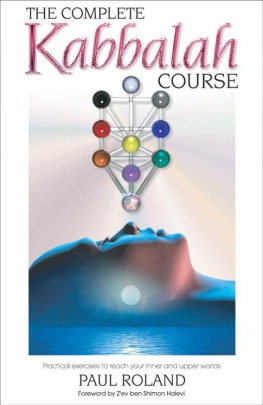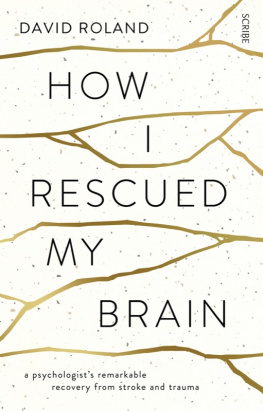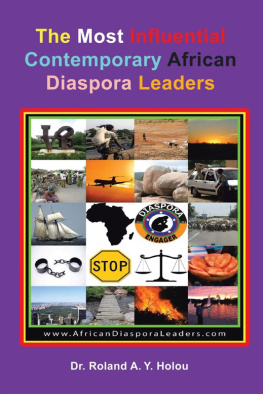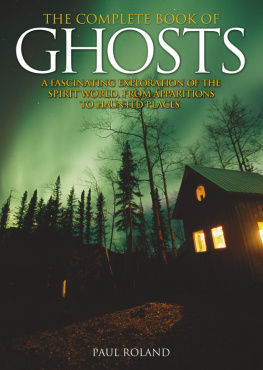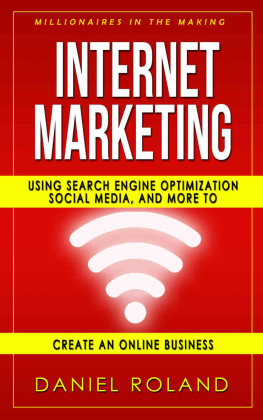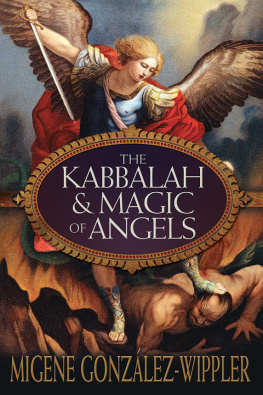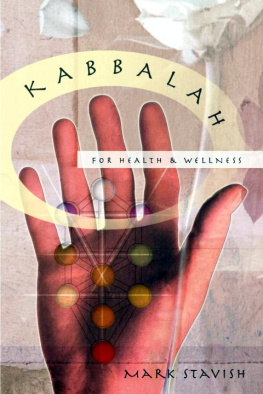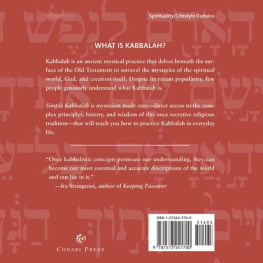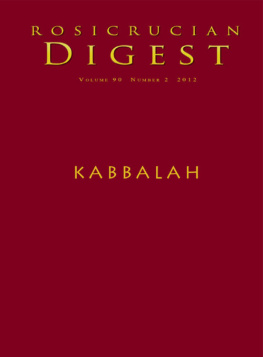
Table of Contents
Foreword
by Z'ev ben Shimon Halevi
This Paul Roland book is an impressive work. It has scholarship, theory and practice as well as strong feelings of love for this ancient and complex esoteric system. There are many publications now on Kabbalah, but most do not penetrate its seemingly obscure surface beyond what the author has read or heard.
In this volume, there has been a thorough investigation into the subject from many angles, ranging from the traditional Jewish Orthodox view to the Western Occult approach. However, the main theme of human evolution, the cosmos and their relationship to the divine is never forgotten. That is the mark of a Kabbalist as against a learned scholar or well-researched writer.
This is indicated by the excellent exercises, which are clearly based upon personal experience. Moreover, the many anecdotes that illustrate Kabbalistic principles illuminate the metaphysics and symbolism of seemingly obscure archetypes. This brings them into the ken of consciousness as well as relating them to everyday life. The cross-referencing to various traditions is most important so as to see connections and a different way of perceiving the same factor.
Of equal importance is the prudent implication not to discard common sense. This is vital, as many texts on Kabbalah and allied occult subjects show how to open the door to the invisible world, but not how to contain what might come in. The Jewish sages said that one should be mature before taking up Kabbalah. Just as important, a Kabbalist should be well versed in learning and balanced in practice.
This book has these elements and can be used to gain insight and wisdom, not power, which is the chief temptation of anyone who might wish to become an initiate for the wrong reason.
I recommend this book, which should be used with careful consideration, as Kabbalah has been known to change the course of a life.
Z'ev ben Shimon Halevi
Introduction
Kabbalah is the ancient Jewish mystical system whose teachings lie at the heart of the Western esoteric tradition. It seeks to answer the key questions that preoccupy us all concerning the meaning of life and the nature of existence, while at the same time offering profound insights into the human psyche and providing techniques for personal transformation.
Its central premise states that we are all, in essence, divine, and that we have the free will to rise to the level of the angels or descend to the level of the beasts. Kabbalah celebrates individuality and discourages blind faith and any form of belief system that encourages its followers to delegate responsibility for their spiritual development to someone else.
It condemns the personality cults that often surround gurus and charismatic religious leaders and discourages any practice that could be considered superficial or elitist, such as the wearing of red strings around the wrist, which has recently become fashionable among celebrity converts. In fact, the wearing of a red string around the wrist is expressly forbidden by the Tosefta (an early Talmudic text). In Shabbat 7-8 it is stated that such practices are 'darchei emori' meaning 'a worthless superstition'.
It is for each of us to determine our own destiny, to attain self-realisation and thereby contribute to the well-being of the world and the evolution of the human species. Alternatively, we can indulge our baser instincts and submit to our fears, which is a denial of our divine potential and the very definition of evil - for Kabbalah contends that there is no conscious malevolent entity at work in the universe contravening the divine will, only ourselves.
Our present problems are therefore seen as symptomatic of an evolutionary struggle between those in search of their divine nature and those in denial of it, rather than as a manifestation of an apocalyptic battle between cosmic forces. Evil is defined in purely evolutionary terms as that which disintegrates and disperses energy and matter back into their primary elements, for nothing can be actually destroyed, only changed. Evil is therefore a contrary impulse to evolution, a checking, constraining factor, testing our integrity and willpower.
To those whose lives are disrupted by an evil act, the psychological and emotional impact can be considerable, but all injustices are ultimately addressed by the universal law of cause and effect (karma), whether it be in this lifetime or the next.
In this present age of religious extremism and increasing intolerance, Kabbalah advances a positive philosophy in which every individual is significant and empowered with the means of attaining liberation from the cycle of birth and death.
To do this we can draw upon the inner guidance of our Higher Self or Holy Guardian Angel using techniques that are detailed in the following pages. Incidentally, no knowledge of Judaism is needed in order to practise these techniques nor to benefit from this ageless wisdom.
In fact, it is the duty of every generation to reinterpret the Kabbalah's teachings for their own time and in their own terms, as long as they remain faithful to its principles.
Kabbalah does not demand blind faith, nor does it require initiates to retire to a remote spiritual retreat and renounce the pleasures of the material world. In fact, it actively encourages practitioners to immerse themselves in life-affirming activities, for only in the give and take of human relationships can we hope to grow and learn about ourselves through our interaction with others. Anyone who seeks escape from responsibility or from reality should look elsewhere.
Kabbalah does not offer a quick spiritual fix. Neither is it an impenetrable metaphysical system based on arcane biblical theories. It is rather a divinely simple and practical means to spiritual growth and self-awareness. It seeks to explain what lies behind the apparent chaos, injustice and random cruelty of our world, and in doing so reveals the purpose of life and the path that leads to our divine destiny.
For that reason it is imperative that its secrets should now be revealed for the enlightenment of all those who wish to connect with their true nature, for the truth is that we can only change the world if we first change ourselves.
It is important to state at the outset that Kabbalah is not the only way and its practitioners do not claim exclusive rights to the truth, but it is unique in the way it conceptualises the mysteries of existence and then offers the means by which anyone can test the validity of the teachings for themselves.
In the following pages you will find dozens of original visualisations and practical exercises so that you can experience the inner and upper worlds through heightened states of consciousness and explore the symbolic landscape of your own psyche to awaken the divine within.
Such secrets were initially encoded in the myths of the Old Testament and in religious ritual that formed the exoteric (outer) practices of orthodox Judaism, while their esoteric (hidden) significance was lost with the passing of the centuries.
This universal truth, that we are all responsible for our own 'salvation', is at the heart of occult philosophy and is encoded in the teachings of the masters. It is thought that the dissemination of this knowledge was the true mission of Joshua ben Miriam, more commonly known as Jesus of Nazareth, who expressed the concept in the phrase 'the Kingdom of heaven is within you'.
All of the major religions initially inspired the faithful to seek for truth and meaning in life, but over time they became preoccupied less with the spirit than with the letter of the law that bound the community to formal, collective worship. Without orthodox religion, civilisation would have descended into chaos centuries ago. Its moral precepts helped to form the foundation of Western society and endorsed our ancestors' belief in righteous living.
Next page
